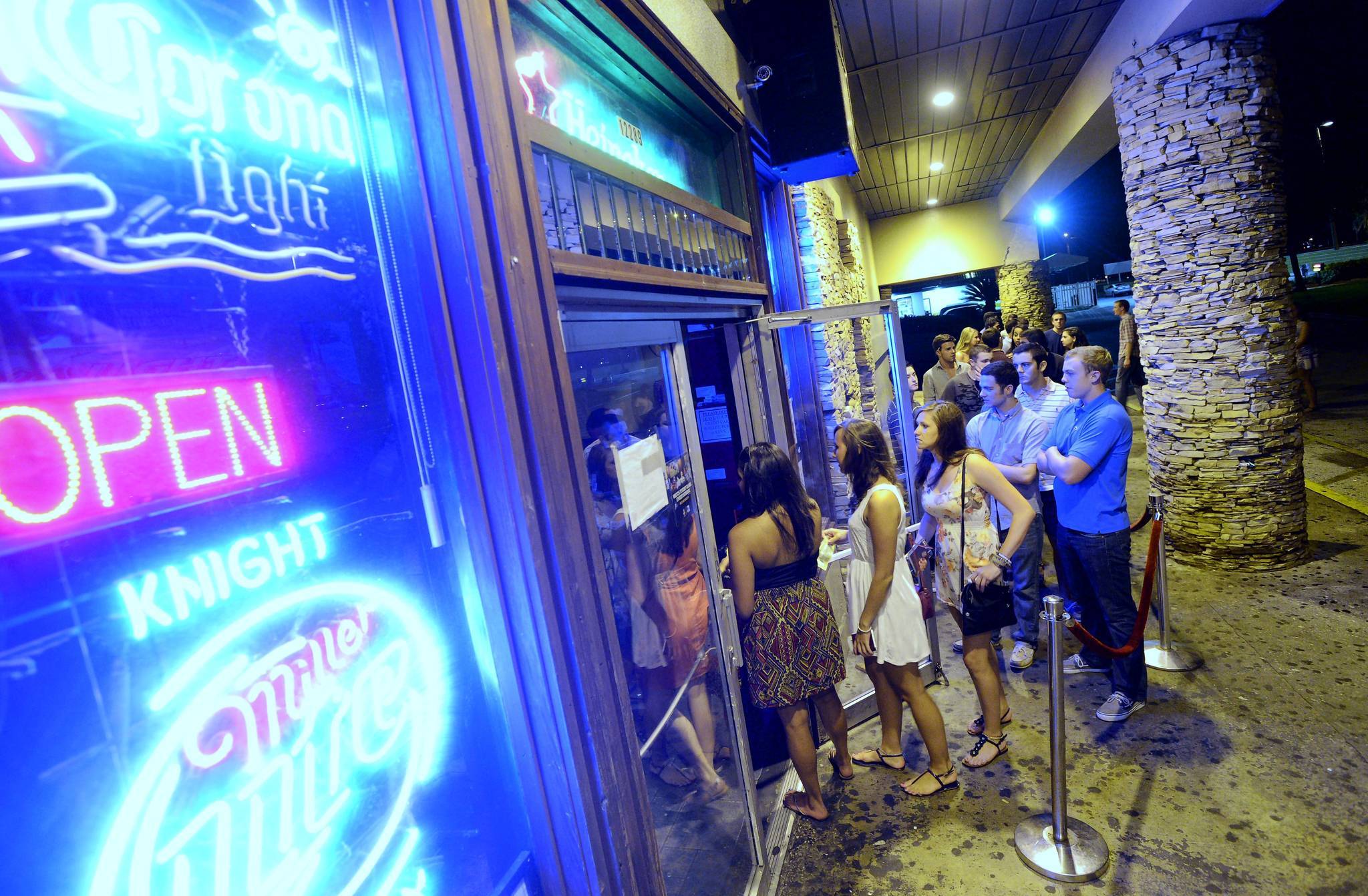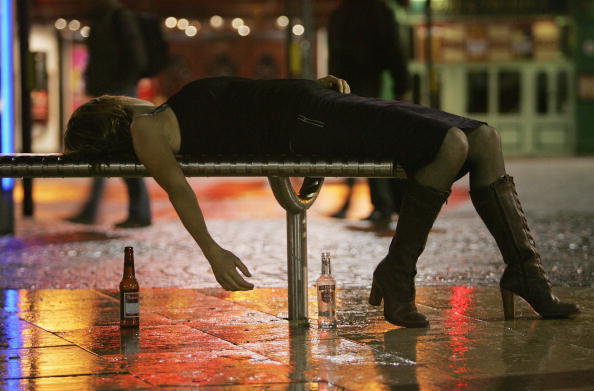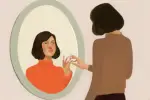An Invisible Safety Net
The program, which grants legal immunity when reporting medical emergencies caused by alcohol or drug use, is almost unknown to many students.
By Rachael Seamands, IUPUI
When college students trade their home life for dorm life freshman year, many restrictions are lifted from their shoulders.
The status quo of living in their family’s house goes out the window; parental curfews are no longer enforced, home cooked meals are rare and regulations on certain activities become more like suggestions than rules. While the parents are away, the kids will play.
The new sense of freedom can often come as a shock to the system, and while some new students find it best to ease into the lifestyle via the shallow end, others take the dive head-first.
Not every new college student feels the urge to immediately begin building their tolerance levels to prepare for house parties and the like, but those who do often forget the advice of their parents or other adults. Warnings such as remembering to be part of a buddy system, keeping an eye on your drink if you’re at a party, never getting behind a wheel after you’ve consumed alcohol and letting someone know where you’re going whenever you go out at night often go unheeded.

That’s not to say that all college students who drink do so irresponsibly, but the dreaded freshman fifteen isn’t only made up of Cheetos and ramen noodles—can you say beer belly? Adults aren’t as naive as they come off; a lot of them went to college and know what it’s like to end up at a frat party or someone’s house after the bars. Rather than attempting to forbid underage drinking of any kind, parents choose to try and instill as much wisdom as they can in their children before they leave the nest.
House parties in particular can be risky scenes, as they aren’t technically public places like bars or clubs, and there aren’t bouncers at the door to stop underage kids from going inside. Things can get out of hand quickly when people have too much to drink. It happens, and a lot of the time nothing truly earth shattering goes down. On the flip side, not everyone makes it back to the dorm room safe and sound after a night of partying.
Each year, over 1,820 college students between the ages of eighteen and twenty-three lose their lives to unintentional, alcohol-related injuries, such as car crashes. The sheer availability of alcohol increases on and around a college campus, and therefore it follows that alcohol-related deaths would occur in those areas. Rather than trying to restrict access to alcohol on college campuses, educating students about their options when out drinking could be more beneficial.
When considering a safe way to get from place to place during a night out, designated sober drivers and campus escort systems are certainly viable options. However, not all alcohol-related accidents occur in cars or on the walk home from a party. Alcohol can affect your ability to speak and move as well as you would while sober. Movement control is also easily impaired with an excess of alcohol, which can lead to unsteadiness and falls.
Whatever the case may be, whether you got behind the wheel or lost the ability to walk in a straight line, accidents can happen. When you and a friend have been out drinking and you start to notice that your friend has had too much, your first impulse might be to start thinking of a way to get home. However, if your friend is getting sick or suddenly becomes unresponsive, it can fill you with a fear for their safety.
Many college students wouldn’t know what to do at this point; after all, maybe you’ve been drinking too, and if you’re underage, you don’t want to get in trouble with the police if you have to seek help. Eighteen- and nineteen-year-old college students might not have previously been faced with such an ethical dilemma, but thankfully college campuses around the country are working to eradicate this fear with the implementation of a new policy.
Medical Amnesty Acts, sometimes called 911 Good Samaritan or 911 Lifeline, have been adopted by many states in order to encourage college students to do the right thing when it comes to drinking underage. While not all states have adopted the policies, several have a bill on the way.
The policies protect anyone and everyone from liability if they wish to seek medical attention as a result of illegal activities.
Such activities include, but are not limited to, underage consumption of alcohol and the possession of alcohol or other drugs. While not all situations regarding the acts occur on college campuses, most occurrences do involve alcohol use by students.
The policies apply to anyone that is under the influence calling about another person, as well as the person in immediate danger. Yes, you can call about yourself and you will be granted legal immunity when you are being treated. The concept for Medical Amnesty Acts came about because evidence suggested that a threat of judicial repercussions lowered a person’s willingness to call about an alcohol-related emergency. In the case of alcohol poisoning, failing to seek medical attention can lead to serious injury or death, thereby solidifying the need for such an amnesty policy.
The list of current participating states is growing, as it should, but not all college campuses are going out of their way to ensure that their students are aware of the Medical Amnesty Acts. As the policies erase any fear of legal repercussions, the existence of the laws should be broadcast more thoroughly. Amidst the fliers about the dangers of underage drinking and the repercussions should anyone be caught in the dorm rooms with illegal substances, there should be brighter and bigger fonts trying to catch the eye of the kids coming in who already know which party they’re going to next weekend.
College is the time for experimentation, for spreading your wings and for breaking down barriers. Not all your choices will be good choices, and not every night will end with aplomb. If you find yourself out on a Friday and your roommate is clearly in need of help, be a friend and call for some. The lifeline exists for a reason, so use it.














